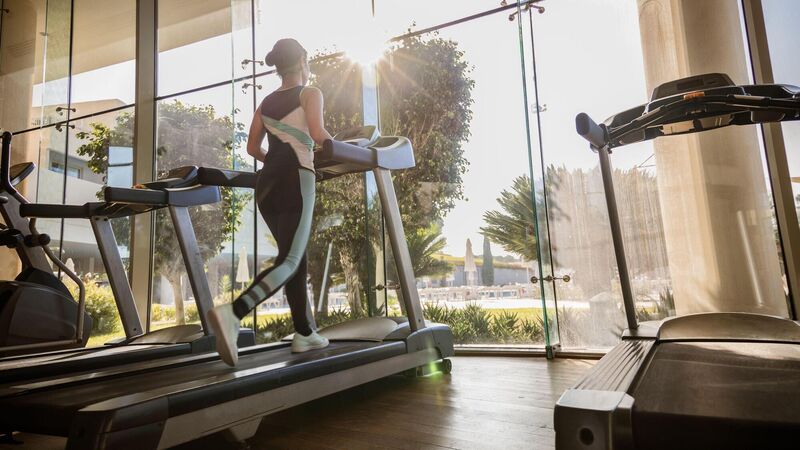Gen Z is hitting the gym to take back control

The gym provides a clear path to setting and achieving goals, and for many young people it delivers a badly needed sense of agency. File photo
The 44th Dublin Marathon this Sunday will see 22,500 runners take to the streets. Until now, most spots went to repeat entrants through a priority system, but organisers have announced that the early-entry scheme will be scrapped in a bid to bring in more women and first-time runners.
The change is reflective of a wider trend. Running has never been more popular or more competitive, with a growing amount of young people desperate to secure places at the starting line.
















